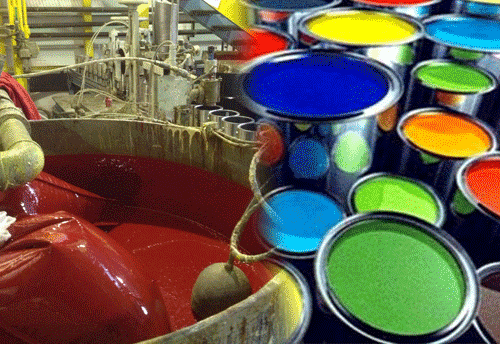Medical Industry
In the medical industry, barium compounds, especially barium sulfate, are integral to various diagnostic procedures. Barium sulfate is most commonly used as a contrast agent in radiographic imaging of the gastrointestinal (GI) tract. Due to its high atomic number, barium sulfate is opaque to X-rays, providing a clear and detailed contrast on radiographs. This allows for the precise visualization of the structure and function of the esophagus, stomach, intestines, and other parts of the GI tract, aiding in the diagnosis of conditions such as blockages, tumors, ulcers, and other abnormalities. Additionally, the inert nature of barium sulfate ensures it passes through the body without being absorbed, making it a safe and effective tool in medical imaging. Its application in these diagnostic procedures underscores the critical role of barium in enhancing the accuracy and reliability of medical diagnostics.

Agricultural Industry
In the agricultural industry, barium compounds, particularly barium sulfate, are used to enhance the performance of various agricultural products. One notable application is in the production of agricultural films, where barium sulfate is used as a filler to improve the mechanical properties and UV resistance of the films. These films are crucial for protecting crops from harsh environmental conditions, controlling weed growth, and optimizing soil temperature and moisture levels. Barium sulfate's high density and chemical inertness ensure that the films are durable and long-lasting, providing reliable protection and benefits to agricultural productivity. Additionally, barium compounds are used in the formulation of certain pesticides and fertilizers, contributing to the overall health and growth of crops by ensuring the effective delivery of nutrients and protection against pests.Glass Making Industry
In the glass-making industry, barium compounds, particularly barium carbonate, are essential for producing high-quality glass with unique properties. Barium carbonate acts as a flux, lowering the melting point of the raw materials and improving the glass-forming process. It enhances the brilliance, clarity, and luster of the glass, making it ideal for manufacturing optical glass, television and computer screens, and specialty glassware. Additionally, barium helps to increase the refractive index of glass, improving its light-transmitting capabilities and resistance to discoloration and chemical corrosion. The incorporation of barium in glass formulations also contributes to improved durability and strength, making it a vital component in the production of high-performance glass products.

Paint Industry
In the paint industry, barium sulfate, commonly known as barite, is widely used as a high-performance pigment extender and filler. Its exceptional brightness, high refractive index, and low oil absorption make it an ideal choice for enhancing the opacity, smoothness, and durability of paint formulations. Barite is especially valued in the production of high-quality, glossy, and satin-finish paints, where it improves the paint's resistance to weathering and chemical exposure. Additionally, barium sulfate contributes to the overall stability and consistency of the paint, ensuring a uniform application and finish. This versatility and effectiveness make barium sulfate a crucial ingredient in producing a wide range of decorative and protective coatings.Oil and Petroleum
In the oil and petroleum industry, barium, primarily in the form of barium sulfate (barite), is extensively used as a weighting agent in drilling fluids. These drilling fluids, or "muds," are crucial for maintaining well pressure, preventing blowouts, and ensuring the stability of the borehole during drilling operations. The high density of barite helps to counteract the pressures encountered at great depths, making it an indispensable component for safe and efficient drilling. Additionally, barium compounds are used in various other processes within the oil and gas sector, including the production of lubricants and corrosion inhibitors, further showcasing their versatility and importance in this industry.
